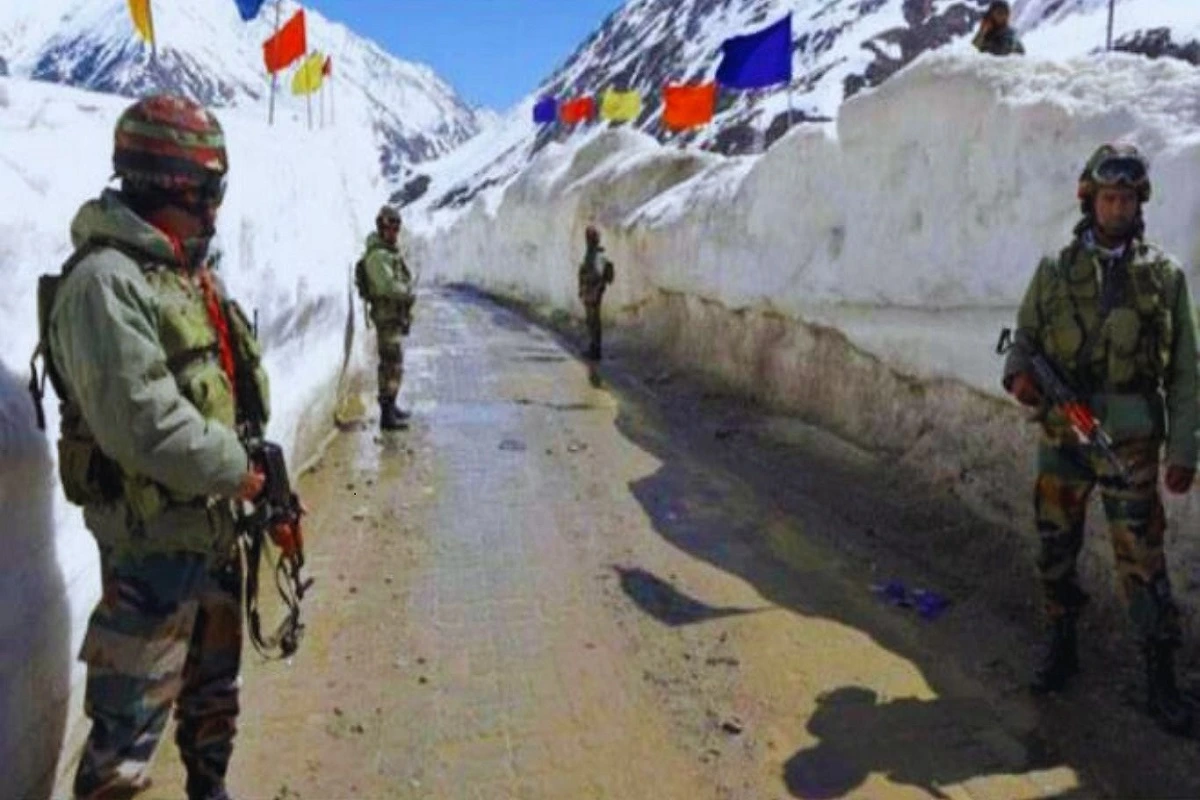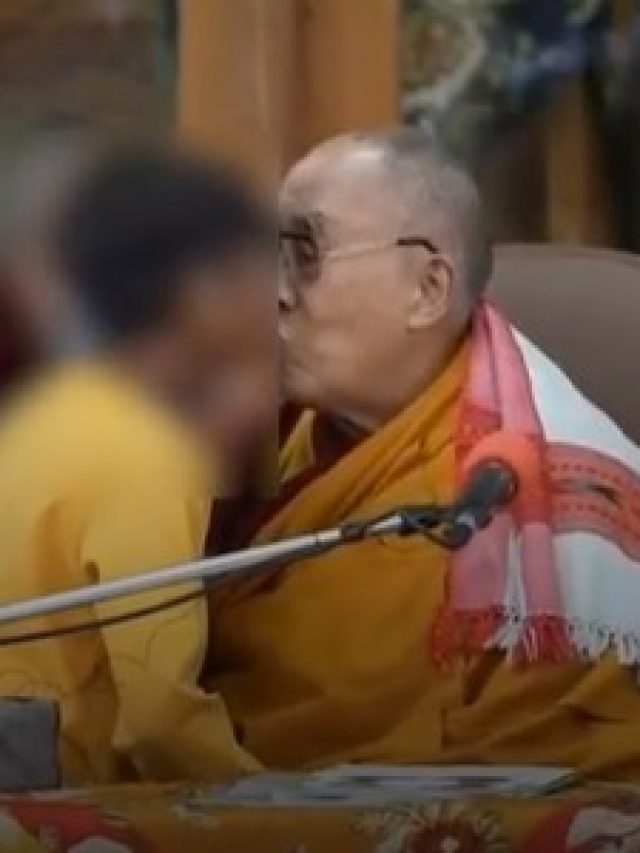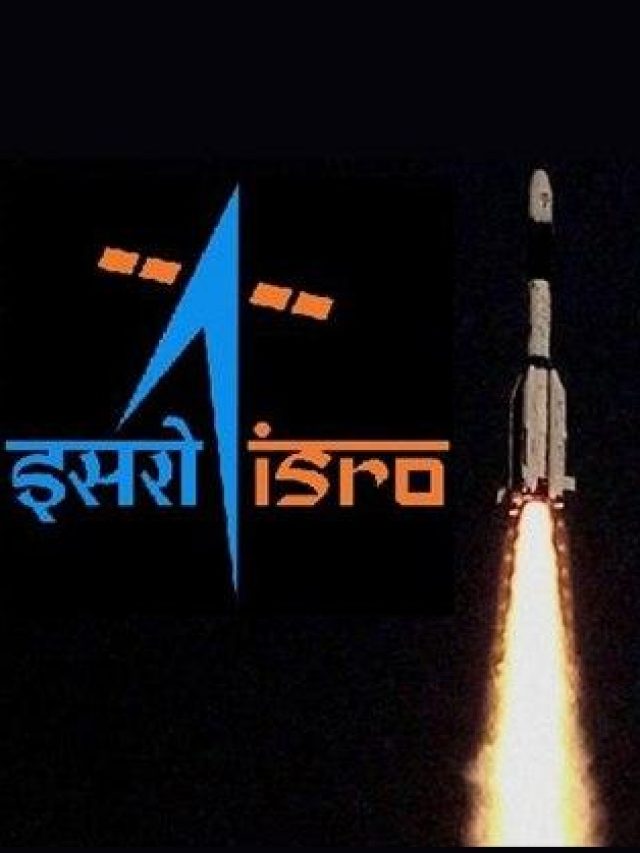
India-China LAC Dispute Begins
As the military standoff with China on the Line of Actual Control (LAC) enters its fourth year, New Delhi is not in the mood to concede to Beijing’s recent efforts to spread the myth that the situation in Ladakh is stable and heading towards “normalised management,” according to people familiar with the situation.
Early in May 2020,
A conflict between forces of the two countries near Pangong Lake brought the border dispute in eastern Ladakh to light.
Bilateral ties reached their lowest point in six decades following a violent encounter at Galwan Valley the following month that claimed the lives of 20 Indian soldiers and at least four Chinese soldiers.
In the midst of the deadlock, China has attempted to forward the idea that things are generally stable in Ladakh and that the two nations should work towards normalisation.
The latest Chinese official to promote this viewpoint was Defence Minister General Li Shangfu, who stated that the border is “generally stable” and that China and India should “place the border issue in an appropriate position” and “promote the transition of the border situation to normalised management” during a meeting with their Indian counterparts last week.
The individuals listed above,
Who asked to remain anonymous, claimed that peace and tranquilly on the LAC are necessary for the normalisation of India-China relations.
They cited tense areas like Depsang and Demchok as well as recent comments by S. Jaishankar, the minister of external affairs, that the situation on the LAC is still “very fragile” and that some locations where Indian and Chinese force deployments are taking place are “quite dangerous.”
“The Chinese side has been promoting a narrative about the border becoming more normalised. That won’t happen, one of the participants said.
Since the People’s Liberation Army (PLA) of China and the Indian Army withdrew troops from Patrolling Point-15 in September 2022, there has been no progress in the border negotiations.
Following the 16th round of negotiations between military commanders on July 17, 2022, that disengagement—the fourth since the LAC dispute broke out in early May 2020—took place.
India and China both have more than 60,000 troops posted in Ladakh, along with cutting-edge weapons, despite four rounds of disengagement in the Galwan Valley, Pangong Lake, Gogra (PP-17A), and Hot Springs (PP-15).
Depsang issues in the Daulet Beg Oldi sector and Charding Nullah Junction issues in the Demchok sector are still up for discussion.
Only the maintenance of security and stability along the LAC and the continuation of dialogue through military and diplomatic channels to find a mutually agreeable resolution to outstanding issues were agreed upon by the two sides at the 18th round of military talks on April 23.
At their meeting on April 27,
Defence Minister Rajnath Singh brought up the LAC dispute with Li and emphasised that the degradation of bilateral relations due to the violation of border management agreements is based on peace and tranquilly at the borders. Li was informed by Singh that any LAC disputes must be settled in accordance with bilateral pledges and agreements.
Lt Gen (retired) DS Hooda, a former commander of the Northern Army, characterised Singh’s stance as the typical Indian position, which holds that the standoff has harmed bilateral relations and that they will only improve if the PLA disengages and withdraws more forces.
Also read: Iran Calls For Increased Use of National Currencies in Trade With India
However,
It is good that high-level political contacts are taking place because ultimately the resolution will come at the political level,” Hooda said.
On April 19, Singh gave a speech to the Army Commanders’ Conference in which he expressed confidence in the capability of the Indian Army to handle any situation along the Chinese border, even as he stated that talks would continue for a peaceful resolution of the ongoing dispute in the Ladakh sector and that disengagement and de-escalation were the best course of action.





































